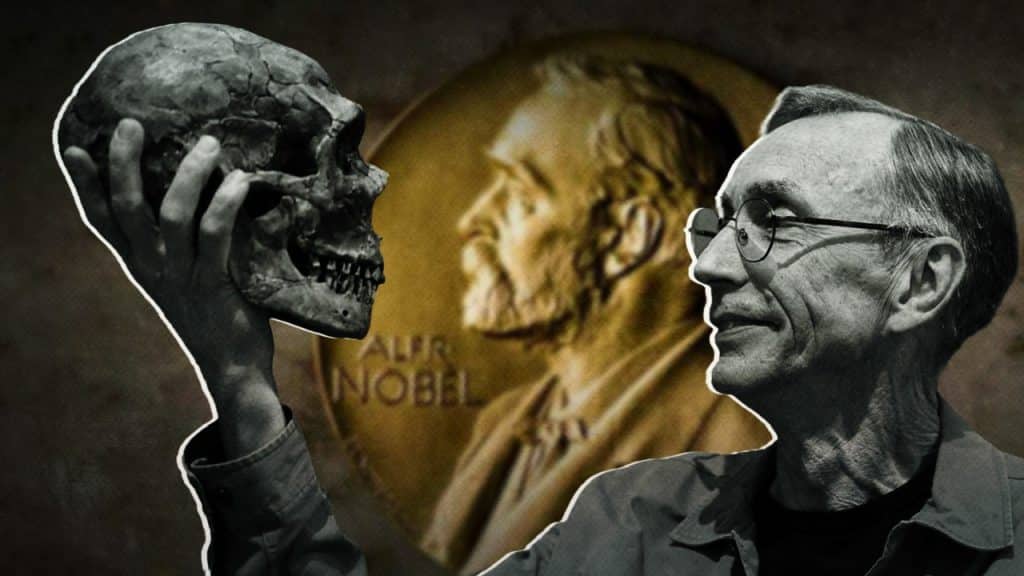
The Swedish scientist, Svante Pääbo, 67, has received the Nobel Prize in Physiology and Medicine for his contributions and discoveries on human evolution, through studies that managed to create a completely new discipline, paleogenomics, and is the first scientist in history that discovers an unknown human species, the Denisovans.
Svante Pääbo, studied at the University of Munich in Germany, and at the Max Planck Institute for Evolutionary Anthropology in Leipzig, is also the son of Sune Bergstrom, who won the Nobel Prize for Medicine in 1982.
«By revealing the genetic differences between current people and extinct hominids, their discoveries allow us to investigate what makes us genuinely human,» added those in charge of the award.
Pääbo explores the origins of our species using tools that were only used for molecular biology and medicine. Thus, in 2010, he managed to obtain the complete genome of Neanderthals, showing that they had the ability to speak and that they had children with Homo sapiens on a recurring basis, resulting in humans outside of Africa carrying at least a small percentage of Neanderthal DNA in their cells.
Read more: Scientists Claim Bitcoin Mining Is Bad for The Planet Like Oil Drilling
The Swedish scientist is also credited with the discovery of an unknown species, named the Denisovans. Discovered through DNA extracted from the bone of the little finger of a girl who lived in Siberia about 50 thousand years ago.
Read more: New images show that the Dart collision was stronger than expected
With Pääbo’s research, the scientific community has been motivated to try to «revive» extinct species such as the mammoth or the Neanderthals themselves, based on paleogenomics, which seeks to reconstruct the genetic sequences of species lost in history.





